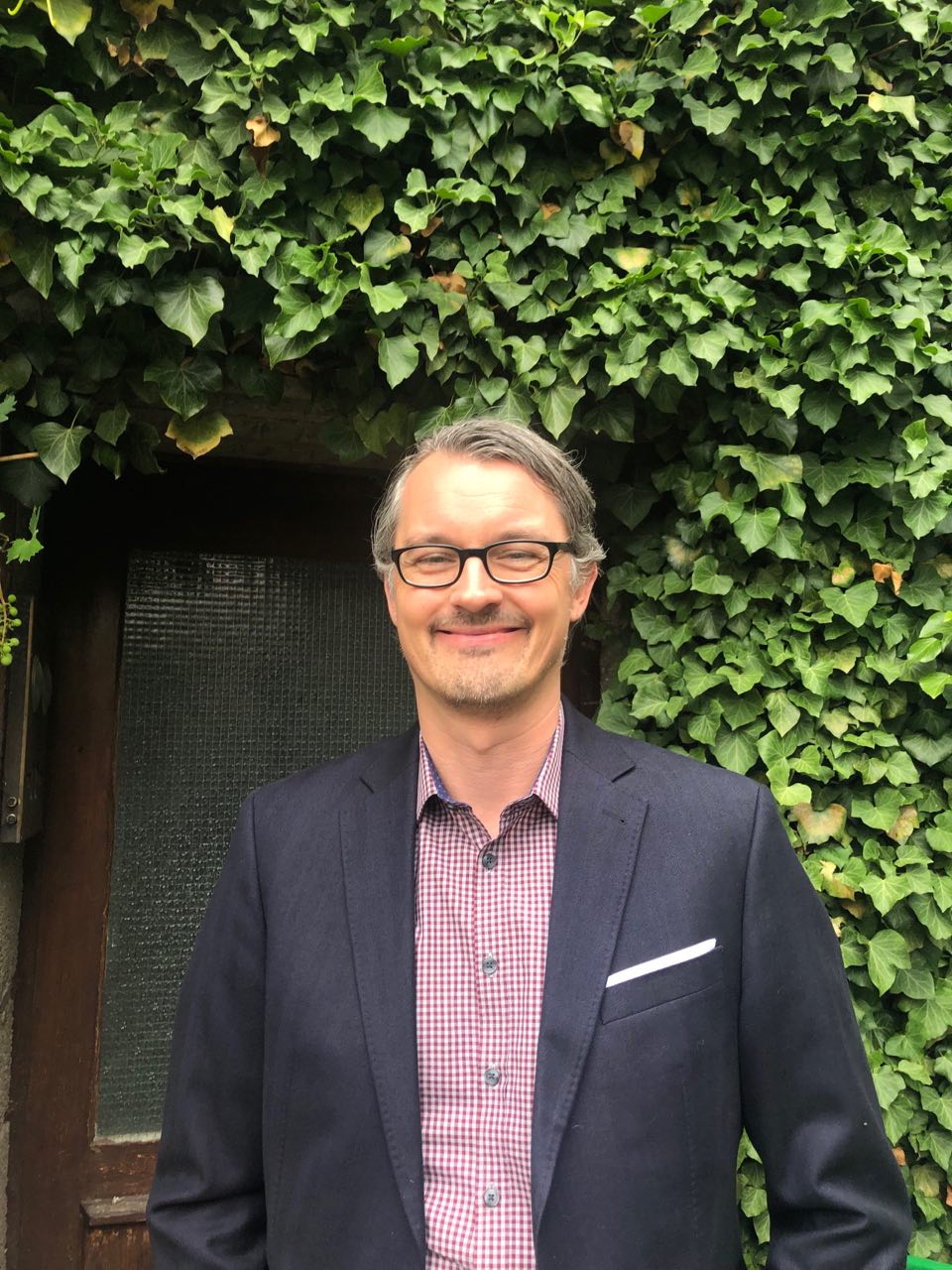An interview with Prof. Jens C. Schwamborn: Personalized models for Parkinson’s disease
Please tell me a little about your background.
I am a neuroscientist and professor focusing on human cellular models of neurodegeneration. My group pioneered patient‑specific midbrain organoids to study Parkinson’s disease and to accelerate drug discovery. I co‑founded OrganoTherapeutics to translate these insights into therapies.
Trained in molecular neurobiology, I have led teams in academia and biotech on Parkinson’s mechanisms, alpha‑synuclein pathology, and regenerative strategies. At the University of Luxembourg’s LCSB and through OrganoTherapeutics, we build human iPSC‑derived organoid models to bridge preclinical research and patients.
Can you tell me more about your Advocacy?
My advocacy centers on evidence‑based awareness: explaining what Parkinson’s is, and isn’t, using clear, patient‑relevant science. I connect with patient groups, academics, pharma and biotech companies, to contribute to the development of better models and ultimately therapies.
What is your passion and how did you get involved in Parkinson’s awareness and hope for a cure?
Seeing the gap between promising lab findings and clinical impact motivated me to build human models that more reflect the disease. My passion is science that shortens the path from discovery to meaningful patient benefit.
What type of goals do individuals with Parkinson’s have when seeing your Advocacy?
They often seek clarity about disease biology, realistic expectations for treatments, and actionable steps for living well now. They also want to know how to contribute, through registries, trials, and informed community engagement.
What type of training and how long are the programs?
I mainly offer training as part of the study programs of the University of Luxembourg. This is on molecular medicine and advanced cell biology.
What effect can your Advocacy have on an individual with Parkinson’s?
It can reduce uncertainty, counter misinformation, and empower evidence‑based choices about care, trials, and lifestyle. Informed patients and caregivers tend to navigate the journey with greater confidence and resilience.
What would you like to see as a future goal for your Advocacy?
Global access to clear, multilingual, science‑accurate materials that evolve with the evidence. I also aim to expand patient‑driven research through organoid‑based precision approaches.
What events do you participate in?
Scientific conferences, translational medicine workshops, and business conferences. I also join awareness campaigns tied to World Parkinson’s Day and the World Parkinson Congress.
How does this also assist the caregivers?
Caregivers gain structured, reliable information that supports decision‑making, communication with clinicians, and realistic planning. Better knowledge reduces stress and improves quality of life for the whole family.
How can someone get in touch? What is your website?
For scientific collaborations and training: University of Luxembourg – LCSB: https://www.uni.lu/lcsb-en/research-groups/developmental-cellular-biology/
For translational work and partnerships: OrganoTherapeutics: https://www.organo-therapeutics.com/
Media and advocacy inquiries can be routed through either channel; both are monitored regularly.
LinkedIn: Jens C. Schwamborn, https://www.linkedin.com/in/jens-schwamborn-8a350676/
How can others also become advocates for awareness?
Start local: partner with a Parkinson’s association, a clinic, or a research group and share vetted resources. Focus on accuracy, empathy, and inclusivity. Small, consistent efforts compound into real impact.
In your opinion, what is the key to effective advocacy?
Clarity! Evidence must be communicated in plain language, acknowledging uncertainty while highlighting tangible next steps.
How can we better fundraise to support a cure for Parkinson’s?
Invest in platforms that improve translation, human disease models, robust biomarkers, and adaptive trial designs. Combine philanthropy with venture and public funding to sustain the full pipeline from discovery to patients.
Why should people who don’t have Parkinson’s care about this?
Aging societies mean neurodegeneration touches nearly every family. Building effective, humane solutions for Parkinson’s strengthens healthcare and innovation ecosystems for everyone.
Have you had any family members or relatives affected by Parkinson’s disease?
Yes. It reinforces my commitment to rigorous, patient‑centered science.
If you had one song that would tell us more about you or represent your life, which song would it be?
The Moldau from Smetana.
If you had one final statement or quote you could leave for the Parkinson’s community, what would it be?
Responsible hope is evidence in action: together we can turn precise science into better lives.
______________________________________
TogetherForSharon® In memory of my mother, Sharon to voice awareness & hope for a Parkinson’s Disease cure. Sharon’s Son, George
Support https://www.togetherforsharon.com/shop/

